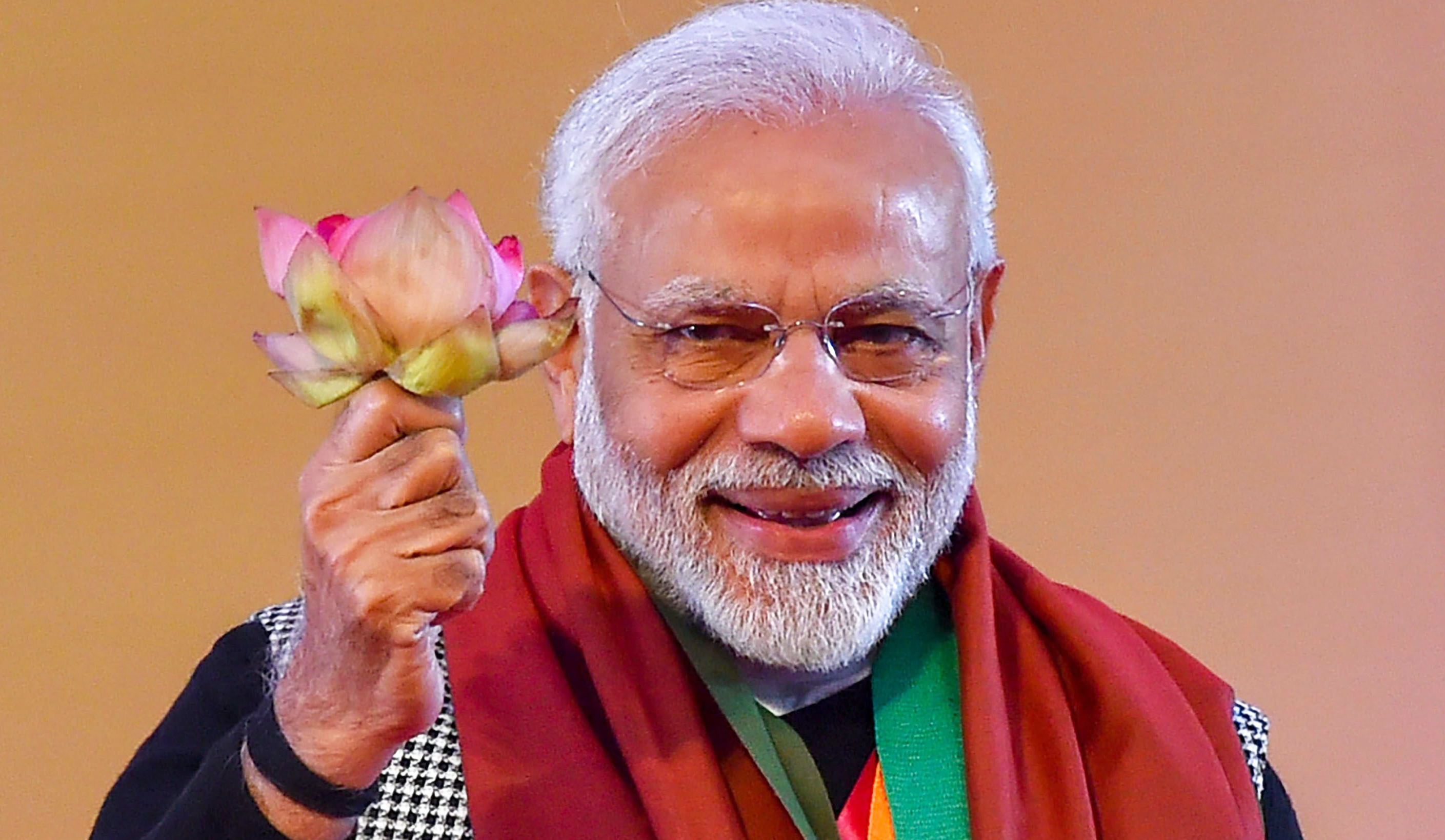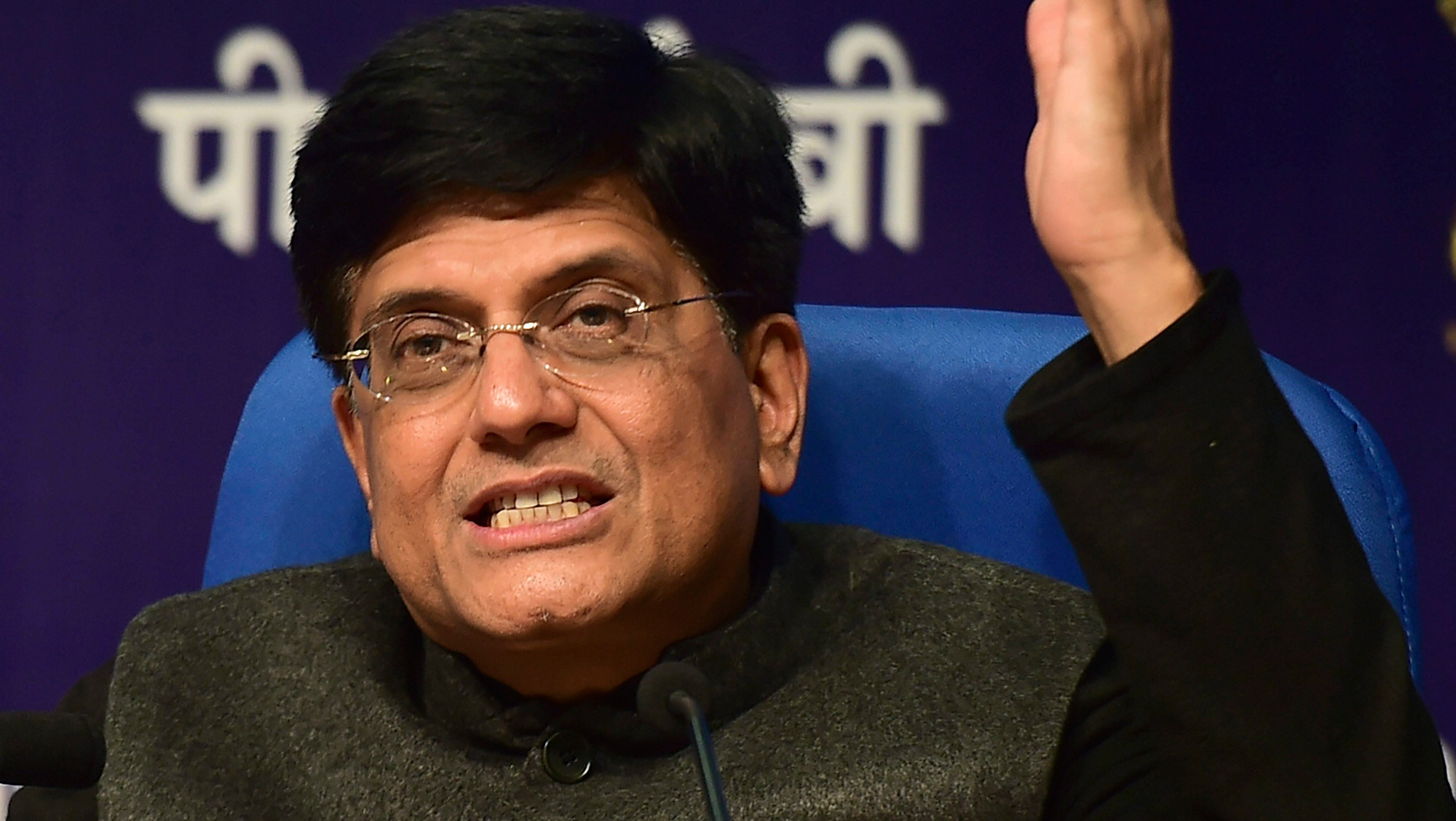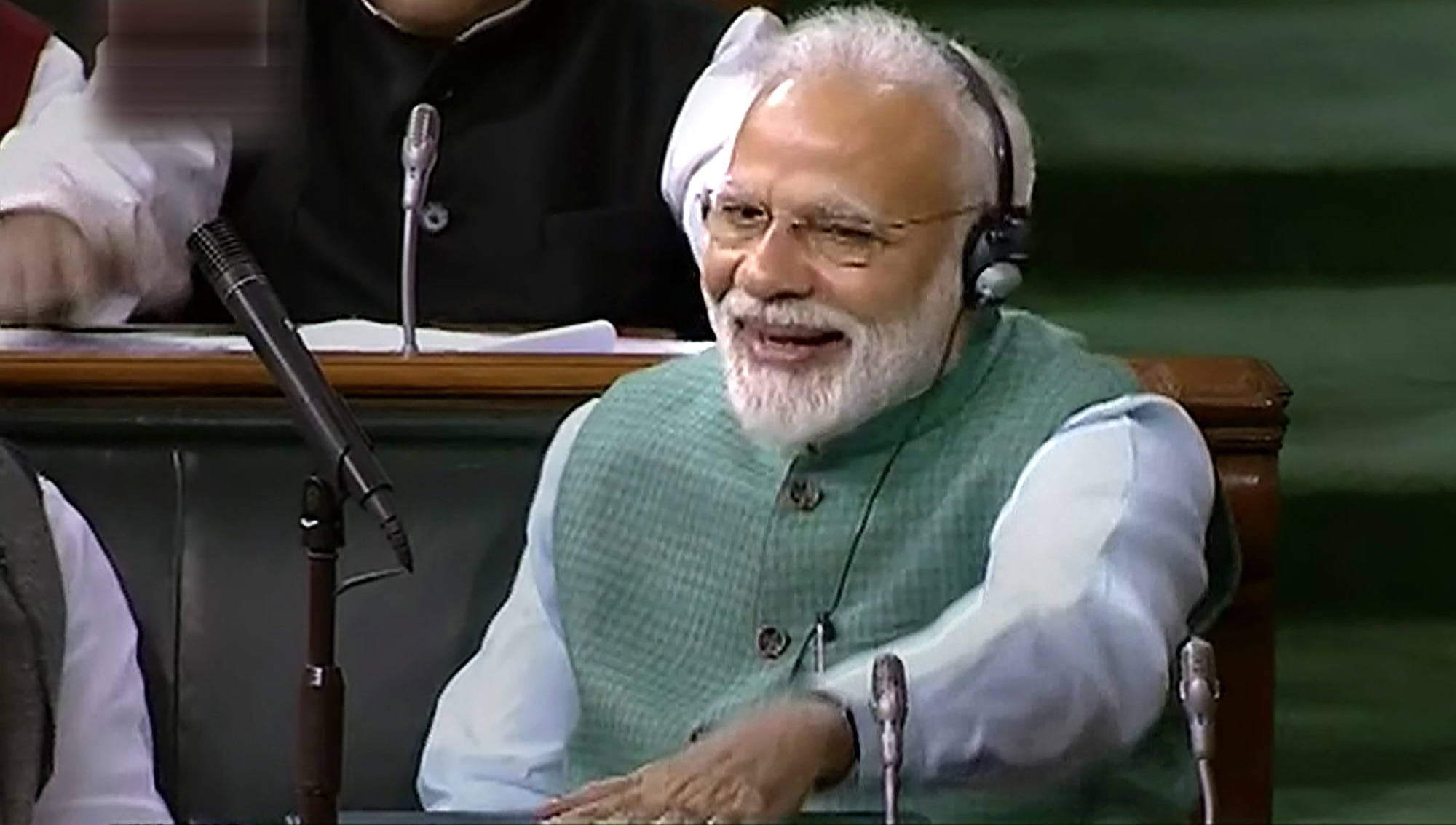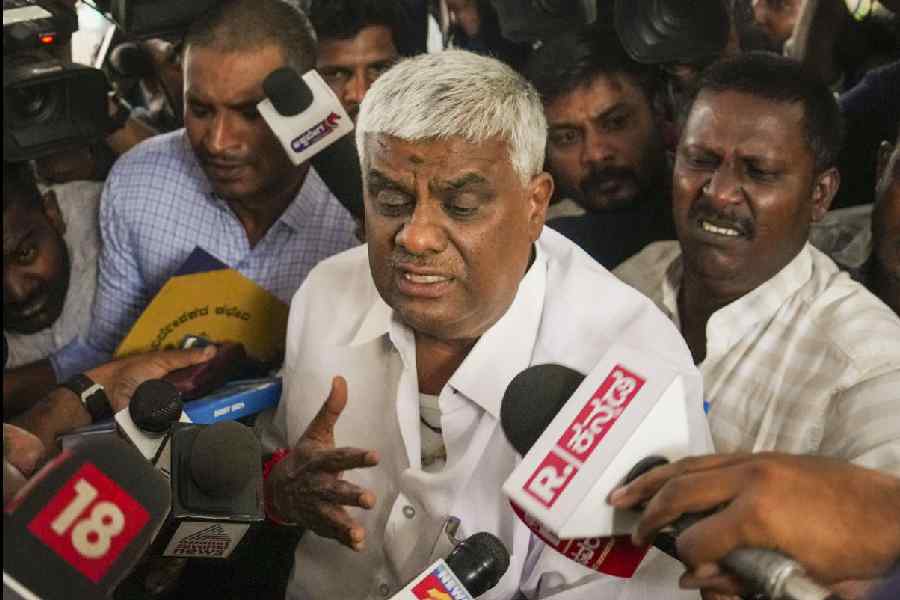India’s new high commissioner in London, Ruchi Ghanashyam, the first woman in the post since the days of Vijaya Lakshmi Pandit in the 1950s, has chosen not to react to a portentous leader comment on Narendra Modi in The Guardian newspaper presaging the next election will be “something deeper about the struggle for India’s soul”.
The article in the Left-leaning paper alleges Modi’s government has been unable to create nearly enough new jobs, failed to admit its failure, offered electoral sops in the latest budget, and witnessed “a 28 per cent jump in the number of incidents of communal violence, including lynchings of Muslims” since he came to power.
“Mr Modi prefers to campaign on his own reality,” said The Guardian. “In a break with Indian political tradition, the prime minister has never held a traditional press conference.
“His spat with the central bank revealed a penchant to suborn independent institutions for political purposes. His administration suppresses inconvenient facts. Since 2014 there has been no update on official poverty statistics. There is scant indication Mr Modi will be running on his economic record. The concern is that he might fall back on the BJP’s Hindu majoritarianism to whip up social tensions.”
Once upon a time such a leader comment in a major national newspaper would have provoked the high commissioner of the day to dash off an angry letter in response.
This time the reaction is to have no reaction.
“I don’t think we will comment,” the official spokesperson for the mission told The Telegraph. “So many newspapers write so many things. Why should we comment?”
Modi’s fans in the UK and elsewhere have been less reticent, and have been matched by those who agree with The Guardian’s view of Modi — which has never been friendly.
The paper said: “Narendra Modi’s 2014 election victory in India, the most resounding for 25 years, was built on two weaknesses: the shattered credibility of his opponents in the Congress party and the economic downturn the country was experiencing. One of Mr Modi’s most memorable campaign pledges was to create 10m jobs a year, or about 840,000 jobs a month.…. It turns out Mr Modi’s Bharatiya Janata party (BJP) government has been creating jobs — just not enough.”
“Rather than admit this, Mr Modi’s government sat on the official report detailing the scale of the problem,” it went on.
It alleged that “instead of admitting to its failure to meet its ambitions, the government has been caught hiding the facts and calling into question how it could credibly be held to account. To perhaps obscure negative headlines in the run-up to this year’s general election, Mr Modi’s finance minister broke with convention to present a budget of electoral sops to 120 million poor farmers, tax cuts to India’s middle class and a pension bung to urban young workers.”
It added: “Mr Modi is facing a familiar problem in India. Despite impressive rates of growth for decades, many of India’s poorest people have yet to feel the benefits. Mr Modi trumpets India as the fastest-growing major economy in the world. He’s not too keen about the fact that very little has trickled down in the form of jobs. He ought to take a broader view of what development is about, especially given the country’s extreme social inequalities.
“The Modi regime has not done much to provide universal quality education, a glaring failure of the Indian state, which is home to a third of the world’s illiterates. India’s government launched a vast health-insurance scheme — but only budgeted a tiny sum for it.”
The paper pointed out that “his spat with the central bank revealed a penchant to suborn independent institutions for political purposes. His administration suppresses inconvenient facts. Since 2014 there has been no update on official poverty statistics. There is scant indication Mr Modi will be running on his economic record.
“The concern is that he might fall back on the BJP’s Hindu majoritarianism to whip up social tensions…. When the country heads to the polls, at stake will — almost certainly — be matters quotidian but also something deeper about the struggle for India’s soul.”
Among his supporters, one protested: “Why does The Guardian use the word ‘regime’ to describe his government? Do they ever refer to the May regime or the Merkel regime? This is extremely bad and biased use of language.”
A second voice said: “Modiji is the best PM.… The real fact is that since Modiji came to power the gunda raj is declining and also money laundering, bribery kickbacks….”
Another argued: “British people still have an empire mentality…. The BJP have been so popular that all the other parties are having to form a grand alliance to contest the forthcoming elections as they are not popular enough to contest alone. Maybe it’s the fact that India has overtaken the UK to become the 5th largest economy.”
A reader hit back at the messenger: “Wow what has Guardian got against Narendra Modi?…. His government tried to do too much this year but given a second term I think they could work wonders. The constant Modi bashing by Guardian makes me sick.”
It was also suggested that “he has nothing to hide. He just does not want to be challenged by pesky journalists”.
This provoked the following response: “Pesky journalists they may be — but without them there would be no accountability.”
One reader ventured: “He’s a religious extremist — and if un-vetted journalists were permitted to ask actual questions his bigoted sectarian approach would be obvious — so like any self-respecting despot, you simply avoid it by not being interviewed.”












